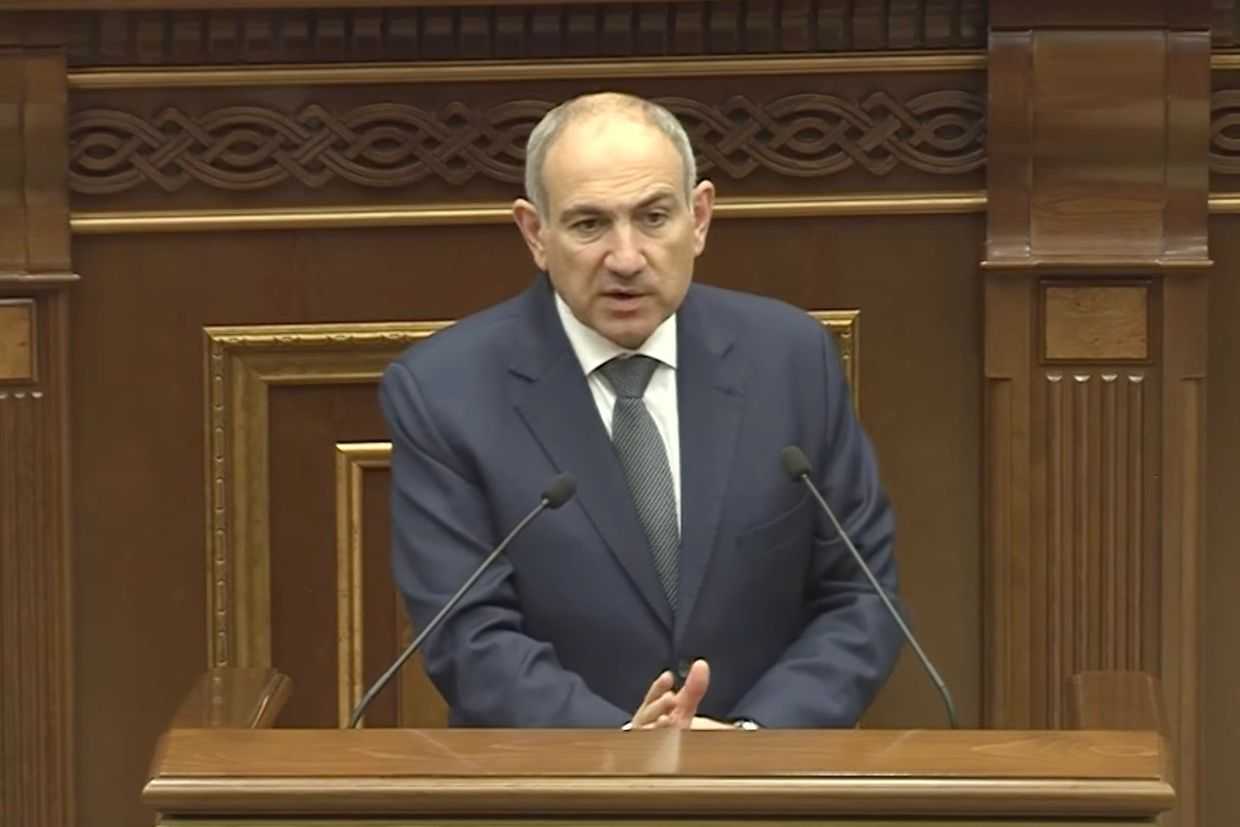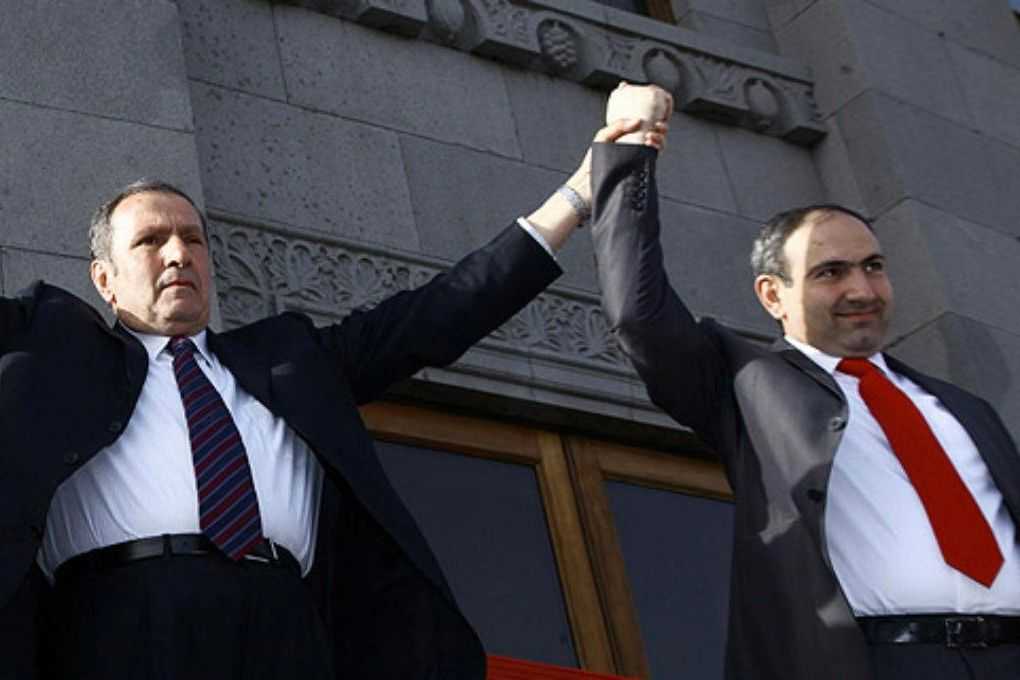
Former Armenian President Serzh Sargsyan has been charged with bribery and illegal entrepreneurship over a case dating back to 2006–2015. This is the latest criminal charge that has been handed and the fourth open case established since he was ousted in 2018.
Armenia’s Anti-Corruption Committee announced that the case, featuring new charges, was sent to the court on Wednesday.
According to their report, Sargsyan allegedly committed the crimes between 2006 and 2015 while holding the positions of defence minister, prime minister, and president. The crimes include participation in illicit business activities, including, according to Civilnet, being a founder of a company engaged in producing asphalt — as a public official, Sargasyan was forbidden from being engaged in any business activities.
Citing preliminary investigation reports, Civilnet wrote that Sargsyan operated a company through a proxy, Mikhail Baghdasarov, in 2006, which jointly established a new company with foreign investment organisations whose shares were registered in the proxy’s name and companies in Russia. Baghdasarov then transferred some of his shares in the company to a company owned by his relatives at the request of Sargsyan.
Armenpress separately wrote that the company was launched with two Russian firms registered in Cyprus, after which they allegedly transferred 22.5% of the shares to a company founded by Sargsyan’s nephew and former President Robert Kocharyan’s son.
According to the investigation, after the company’s failure, Sargsyan allegedly instructed Baghdasarov to apply for a bank loan of $14 million to pay back Russian investors, with the company’s assets later being transferred to a newly created company acquired by another company associated with Sargsyan’s son-in-law.
In addition, Sargsyan was accused of accepting bribes in 2015, when a company linked to him purchased shares of the company associated with his son-in-law for $40 million, allegedly granting Sargasyan a monopoly on petrol imports in Armenia.
According to Armenpress, Sargsyan instructed his business partner to pay a $6 million bribe to ‘the son of the Second President of Armenia’ in exchange for the shares, which was allegedly transferred to his company as part of a fake loan.
A slew of charges
Sargsyan has faced several legal challenges since being ousted from power in 2018.
Most recently, in May, he was accused of using his official position ‘to facilitate actions in favour of the CEO of [an unnamed] LLC, specifically by not obstructing the transaction of selling 100% of the company’s shares to a non-resident company in Armenia’.
The money was allegedly received in February and April of 2008 with the help of Sargasyan’s senior assistant at that time.
Both Sargsyan and Kocharyan have been charged with various crimes prior to that, with both being accused of accepting substantial bribes to ensure the growth of businessperson Silva Hambardzumyan’s business.
In March, Armenpress reported that Sargsyan had been charged as part of a case related to the ‘unlawful alienation of the plots of lands adjacent to Isakov Avenue and Yerablur Military Pantheon’ in Yerevan which were sold at a price lower than the market value.
The charges included ‘18 counts of grand theft, two counts of abuse of power and money laundering, and three counts of accessory to money laundering’, Armenpress reported.
Sargsyan was banned from leaving the country.
Before the latest charges were brought against Sargsyan, on 18 April, Armenia’s Anti-Corruption Court of Appeals overturned a 2024 acquittal for embezzlement, sending the case back to the courts for a new trial.
Sargsyan, who was forced to step down following the 2018 Velvet Revolution, was first charged in late 2019 and put on trial in early 2020. He was accused of embezzling more than ֏490 million ($1.2 million) from the state in 2013 through an agricultural assistance programme intended to provide farmers with cheaper petrol.
Sargsyan served as President of Armenia from 2008–2018, before being appointed prime minister. During his time in office, there were widespread allegations of corruption, a key driver of the 2018 revolution that ousted him from power.









